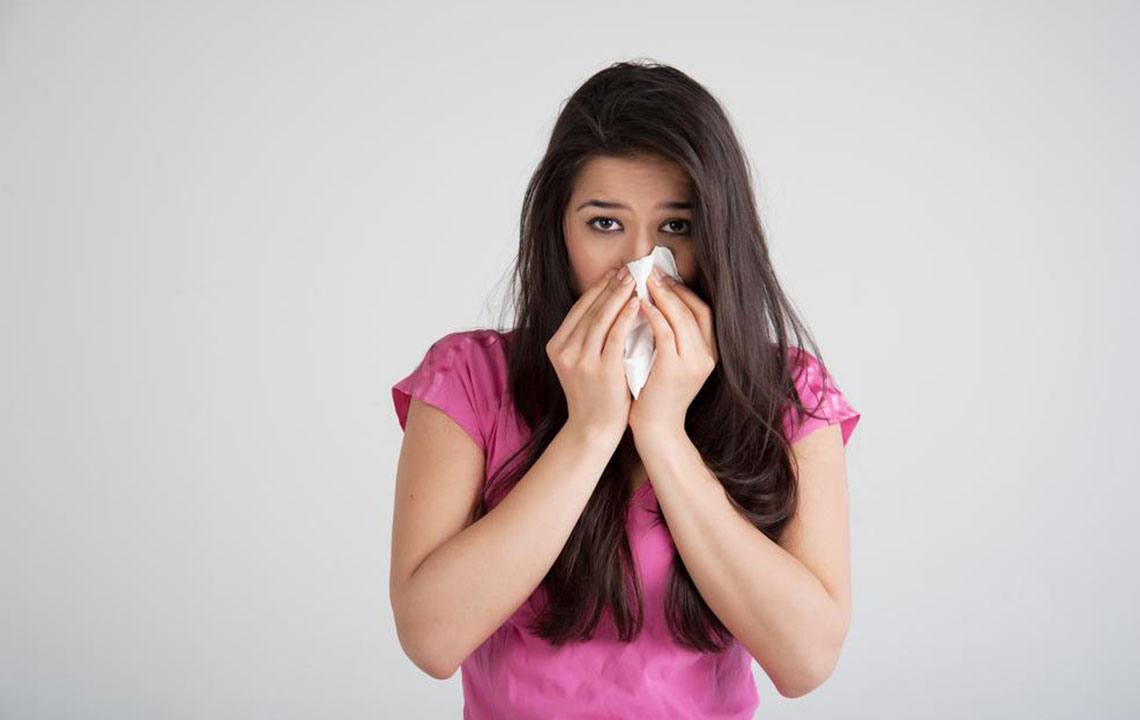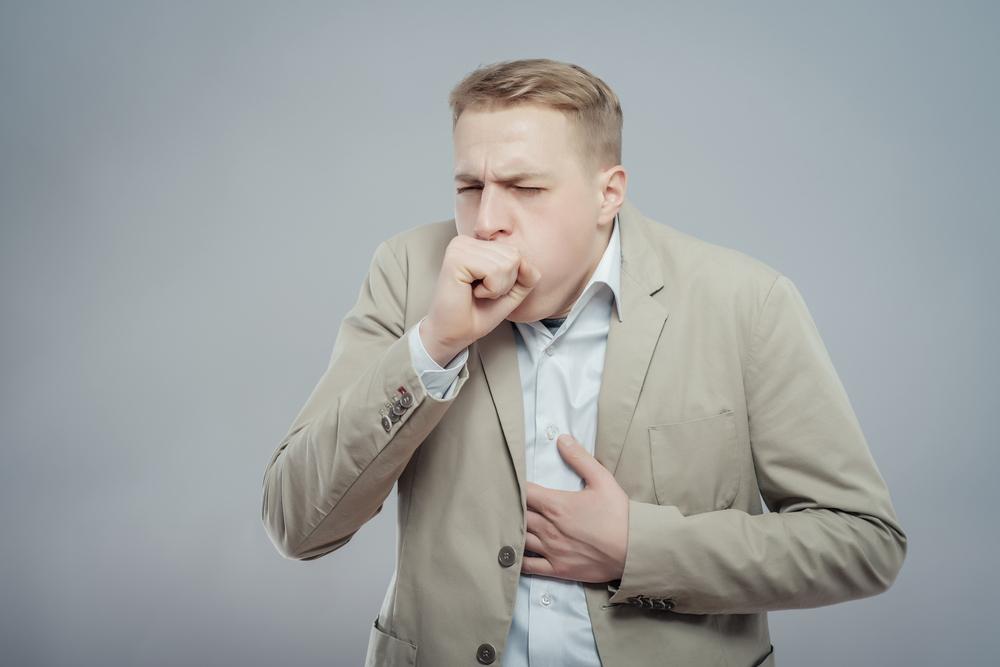Understanding Pneumonia: Types, Causes, and Prevention
Learn about the different types of pneumonia, their causes, symptoms, diagnosis, treatments, and preventive measures. Early detection and vaccination are key to reducing risks associated with this respiratory disease, which affects vulnerable populations most. This comprehensive overview helps readers understand how to identify and prevent pneumonia efficiently.

Understanding Pneumonia: Types, Causes, and Prevention
Pneumonia is a respiratory illness characterized by infection of the lungs, leading to inflammation and fluid buildup in the air sacs. This condition hampers breathing and can be caused by bacteria, fungi, or viruses.
Symptoms vary based on age and infection severity, commonly including cough, mucus production, chest discomfort, fever, sweating, chills, and difficulty breathing. Recognizing the type of pneumonia is crucial for effective treatment.
Bacterial pneumonia: Caused mainly by Streptococcus pneumoniae, other bacteria like Chlamydophila pneumoniae and Legionella pneumophila can also be culprits.
Viral pneumonia: Less severe than bacterial forms, viral pneumonia affects children and the elderly more due to weaker lung immunity.
Mycoplasma pneumonia: Generally milder, this form affects individuals over 12, including adults and teenagers.
Fungal pneumonia: Predominantly impacting immunocompromised individuals, fungi from soil or bird droppings can cause this infection.
Infections can be acquired in healthcare settings or outside, depending on the environment:
Hospital-acquired pneumonia tends to be more resistant and severe.
Community-acquired pneumonia occurs outside healthcare facilities, often less dangerous.
Transmission occurs via inhalation of contaminated food, liquids, saliva, or through ventilator use.
Diagnosis methods: Blood tests, sputum analysis, urine tests, CT scans, and fluid sampling are key tools in identifying pneumonia causes. Early diagnosis is essential for effective treatment, especially in vulnerable groups like children, the elderly, and those with weakened immune systems.
Treatment options: Antibiotics target bacterial pneumonia, while antiviral or antifungal medications address viral or fungal causes. Severe cases may require hospitalization, oxygen therapy, or IV medication. Proper medication adherence enhances recovery.
Recovery and prevention: Mild cases may resolve within days, but severe infections can take weeks and pose serious health risks. Vaccinations such as Prevnar 13, Pneumovax 13, and Pneumovax 23 offer protection against various bacterial strains. Maintaining good hygiene and timely immunizations significantly reduce pneumonia risk.









